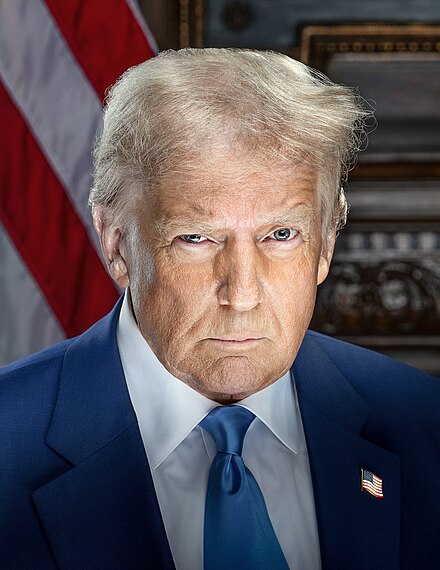Washington, DC – Donald J. Trump was sworn in as the 47th President of the United States during a ceremony in Washington, DC, on January 20, 2025. The event was attended by notable global leaders, including outgoing President Joe Biden, Argentine President Javier Milei, and Italian Prime Minister Giorgia Meloni, among others.
In his inaugural address, Trump vowed to "put America first" and outlined a series of decisive policy changes. Shortly after taking office, he signed several executive orders, signaling significant shifts in U.S. domestic and foreign policy.
One of the most notable actions was the retraction of the United States from the Paris Climate Agreement, marking a stark departure from the Biden administration’s environmental commitments. This decision drew criticism from environmental advocates worldwide, who warned of its potential impact on global climate goals. Trump justified the move as necessary to protect American jobs and industries from what he described as "unfair global constraints."
In another controversial decision, Trump announced the withdrawal of the United States from the World Health Organization (WHO), citing dissatisfaction with its handling of global health crises. Critics argue that this move could undermine international efforts to address global health challenges.
Trump also issued a series of pardons, including for individuals charged in connection with the January 6, 2021, attack on the U.S. Capitol. This decision has reignited debate over accountability and the rule of law, with opponents expressing concern about the precedent it sets.
The policy announcements underscore Trump’s intent to revive his earlier "America First" agenda, which is likely to reshape U.S. relations with the international community in the years to come.
Analysis and Implications
Trump’s return to the presidency marks a turning point for U.S. environmental, health, and justice policies. The withdrawal from the Paris Climate Agreement is expected to have far-reaching consequences, particularly as nations gear up for more ambitious climate action ahead of the COP30 summit. Similarly, the exit from the WHO could disrupt global health initiatives, including pandemic preparedness and response efforts.
The pardons for January 6 defendants have polarized opinion within the United States, reflecting deep divisions in the political and social landscape. As Trump’s administration begins, the world watches closely to see how these decisions will unfold on the global stage.
Ecosphere News will continue to provide in-depth analysis and updates on these developments.